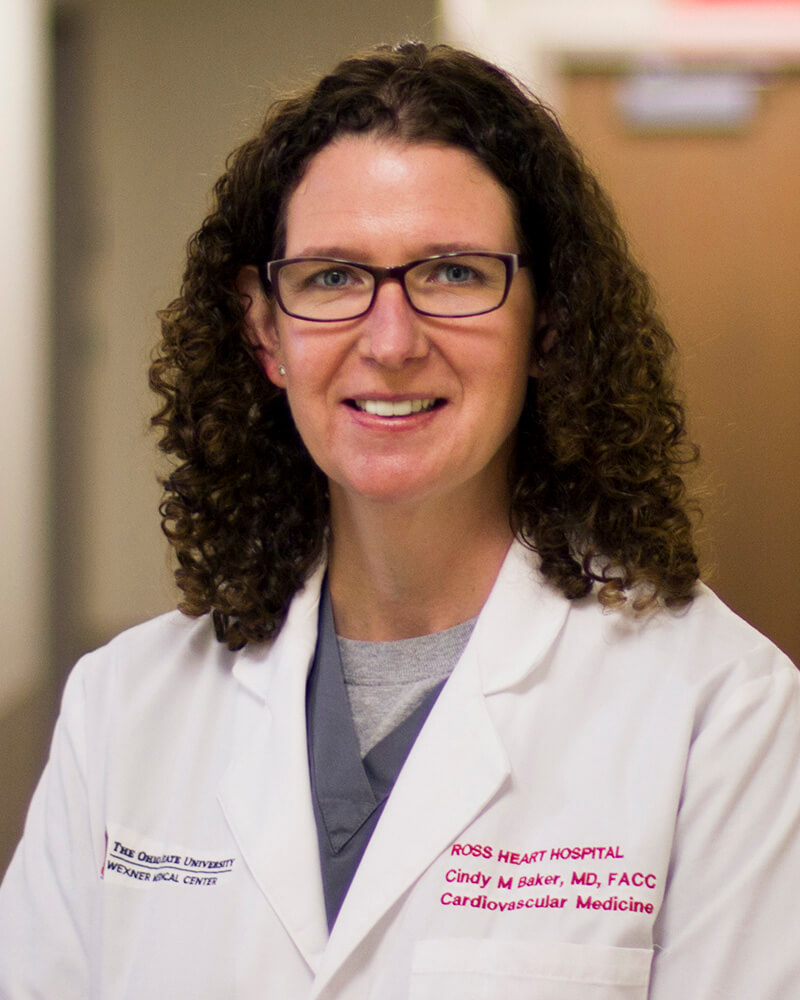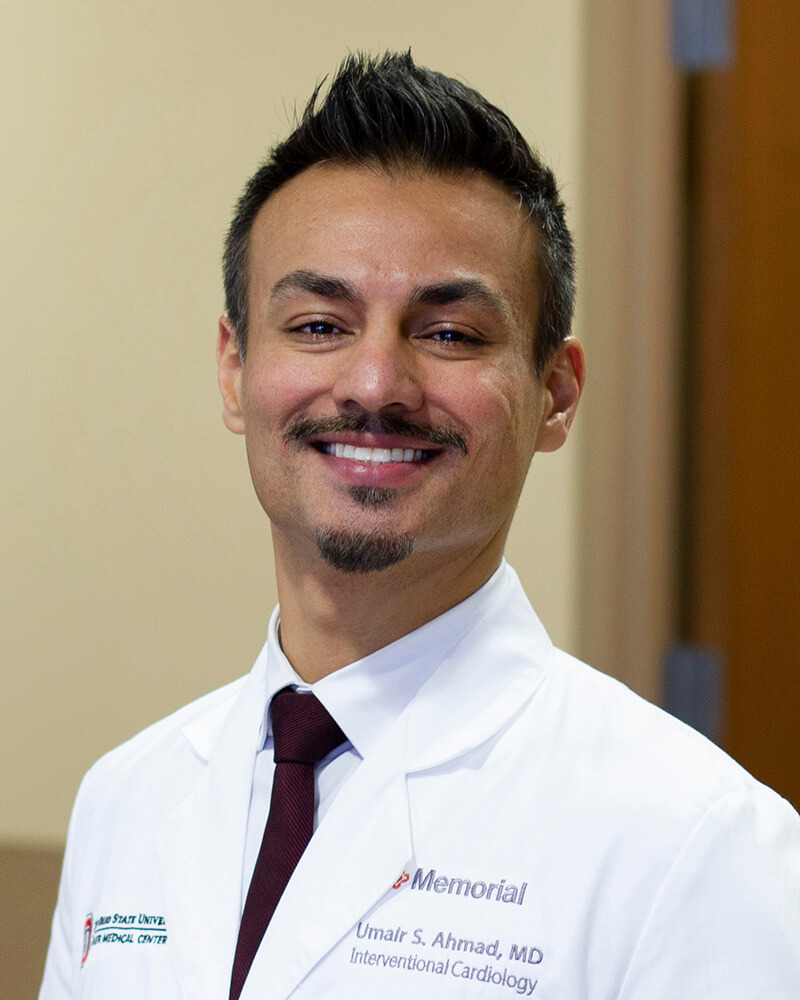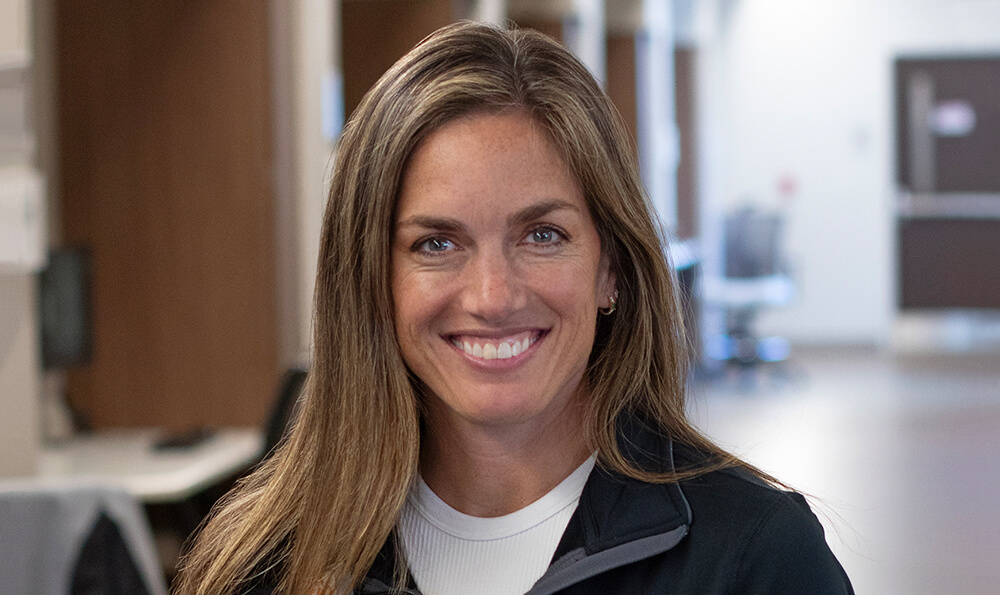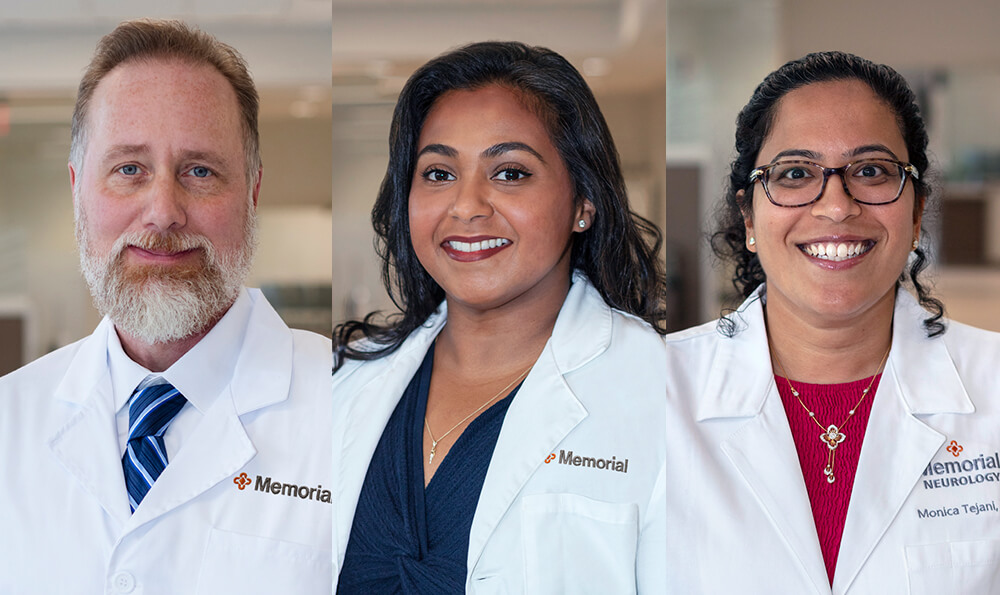Health & Wellness

Fulfilling a promise to deliver more advanced heart services to the local region, Memorial Health announced the opening of a new Level II Cardiac Catheterization Lab this week. The new heart care program offers emergent and interventional solutions, including balloon angioplasty and stent placement for blocked arteries, irregular heartbeats, and coronary heart disease, services never before available in the area. Patients will now have access to emergency heart care, with an interventional cardiologist and cardiac team available 24 hours a day, seven days a week.
These advancements are a part of The Heart Partnership, formed between Memorial Hospital and The Ohio State University Wexner Medical Center in 2009, to bring exceptional heart and vascular care to surrounding communities.
Previously, as a Level I Cath Lab, Memorial was able to perform diagnostic procedures, such as heart catheterizations, as well as insert, remove, and/or replace devices such as pacemakers, defibrillators, and cardiac recorders. Through diagnostic procedures, interventional cardiologists measure the blood flow and internal pressures of the heart, assess heart valve leakage, and with angiography, examine the insides of the arteries throughout the body for blockages.
As a Level II Cath Lab, services at Memorial now include the above diagnostic services, as well as the newly added interventional services. Advancing the care available, OSU cardiologists can perform percutaneous coronary intervention (PCI) within the Cath Lab. PCI refers to a family of minimally invasive procedures used to open clogged coronary arteries (those that deliver blood to the heart). These procedures range from balloon angioplasty to angioplasty with stent(s) placement.
Interventional cardiologists will use PCI to open blocked or narrowed coronary arteries, manifestations of coronary artery disease that can lead to heart attacks and other life-threatening conditions. In addition, cardiologists utilize PCI to relieve symptoms of coronary heart disease and reduce damage to the heart during or after a heart attack. Patients experiencing a heart attack will now be able to be treated locally, rather than being transferred to another hospital.
Chip Hubbs, Memorial Health CEO/President, addresses the advancements, adding, “It has been thirteen years since we formed The Heart Partnership with The Ohio State University Wexner Medical Center and we’ve been very pleased with the patient outcomes and progress. Leveling up our Cath Lab to include interventional capabilities is a vital evolution in care for Memorial and the patients we serve. We have assembled a highly specialized team of cardiologists, nurses, radiologic technologists, and non-interventional cardiologists that are prepared to provide life-saving, advanced care to our patients. This is a big win for our region.”
 OSU interventional cardiologist Cindy Baker, MD, FACC, FSCAI, and director of Memorial’s Interventional Program, explains the critical nature of a Level II Cath Lab. “Minutes matter when it comes to caring for the heart. Our ability to diagnose and treat our heart attack patients here at Memorial Hospital allows us to save heart muscle, improve long term effects, and impact the patient’s life overall. Having a Level II catheterization lab in close proximity is game changing, since the most effective treatment is performed within 90 minutes of presentation to the hospital. When there is a blockage in the artery, the heart begins to suffocate from the lack of oxygen. However, if treated promptly, the damage can be reversed.”
OSU interventional cardiologist Cindy Baker, MD, FACC, FSCAI, and director of Memorial’s Interventional Program, explains the critical nature of a Level II Cath Lab. “Minutes matter when it comes to caring for the heart. Our ability to diagnose and treat our heart attack patients here at Memorial Hospital allows us to save heart muscle, improve long term effects, and impact the patient’s life overall. Having a Level II catheterization lab in close proximity is game changing, since the most effective treatment is performed within 90 minutes of presentation to the hospital. When there is a blockage in the artery, the heart begins to suffocate from the lack of oxygen. However, if treated promptly, the damage can be reversed.”
 Dr. Baker is flanked by newly-recruited OSU interventional cardiologist, Umair Ahmad, MD, FACC, FSCAI, who is also fellowship trained in cardiovascular, advanced heart failure, and transplant cardiology. “Memorial’s enhanced Cath Lab benefits our patients by streamlining local access to advanced cardiovascular technology. Our team is available 24/7, 365 days a year to handle these type of cardiac emergencies.”
Dr. Baker is flanked by newly-recruited OSU interventional cardiologist, Umair Ahmad, MD, FACC, FSCAI, who is also fellowship trained in cardiovascular, advanced heart failure, and transplant cardiology. “Memorial’s enhanced Cath Lab benefits our patients by streamlining local access to advanced cardiovascular technology. Our team is available 24/7, 365 days a year to handle these type of cardiac emergencies.”
A key component of launching this new service was coordination and training between the Memorial Cath Lab team and local Emergency Medical Services (EMS) providers. Tricia Daniels, RN, BSN, CCRN, is Director of Cardiovascular Services at Memorial Hospital and shares, “During the month of December, EMS teams from surrounding counties and townships had the opportunity to tour our enhanced Cath Lab, meet and talk with our interventional cardiologists, and discuss best practices for ensuring time-saving protocols. In addition, the squad teams were provided training materials on past patient examples, including EKGs, transfer information, and feedback forms. We intend to continue these training opportunities with our community healthcare partners as it helps the entire continuum of care – from EMS to ER to Cath Lab to patient recovery.”
Memorial also offers patients a tailored cardiac rehab program, to help cardiac patients post-event with education, exercise, nutrition, and more. Located within the hospital’s Wellness Center in the Memorial Outpatient Pavilion, the program is well known for its high level of service and excellent patient success stories. Together with diagnostics and interventional cardiac treatments, it rounds out a full continuum of care that is key to restoring health in patients who require heart care.
“This expansion of The Heart Partnership is the latest step in our longstanding relationship with Memorial Hospital,” adds Thomas Ryan, MD, MBA; Director, Ohio State Heart and Vascular Center; and John G. and Jeanne Bonnet McCoy Chair in Cardiovascular Medicine. “These new services will allow more patients with complex heart problems to receive state-of-the-art care, while remaining close to home.”
Symptoms of a heart attack can include pressure; tightness; fullness; squeezing, pain, or discomfort in the center of the chest that lasts for minutes and can radiate to the shoulders, neck, arms, and jaw; chest pain that increases in intensity or is not relieved by rest; chest pain that occurs with sweating; fainting. Additional symptoms may include indigestion, nausea, or vomiting; unexplained weakness or fatigue; cool, clammy skin; paleness; shortness of breath; dizziness; and a rapid or irregular pulse. Symptoms can be vague and nonspecific, particularly in women, the elderly, and people who have diabetes. If you experience any of these symptoms, call 911 immediately.



